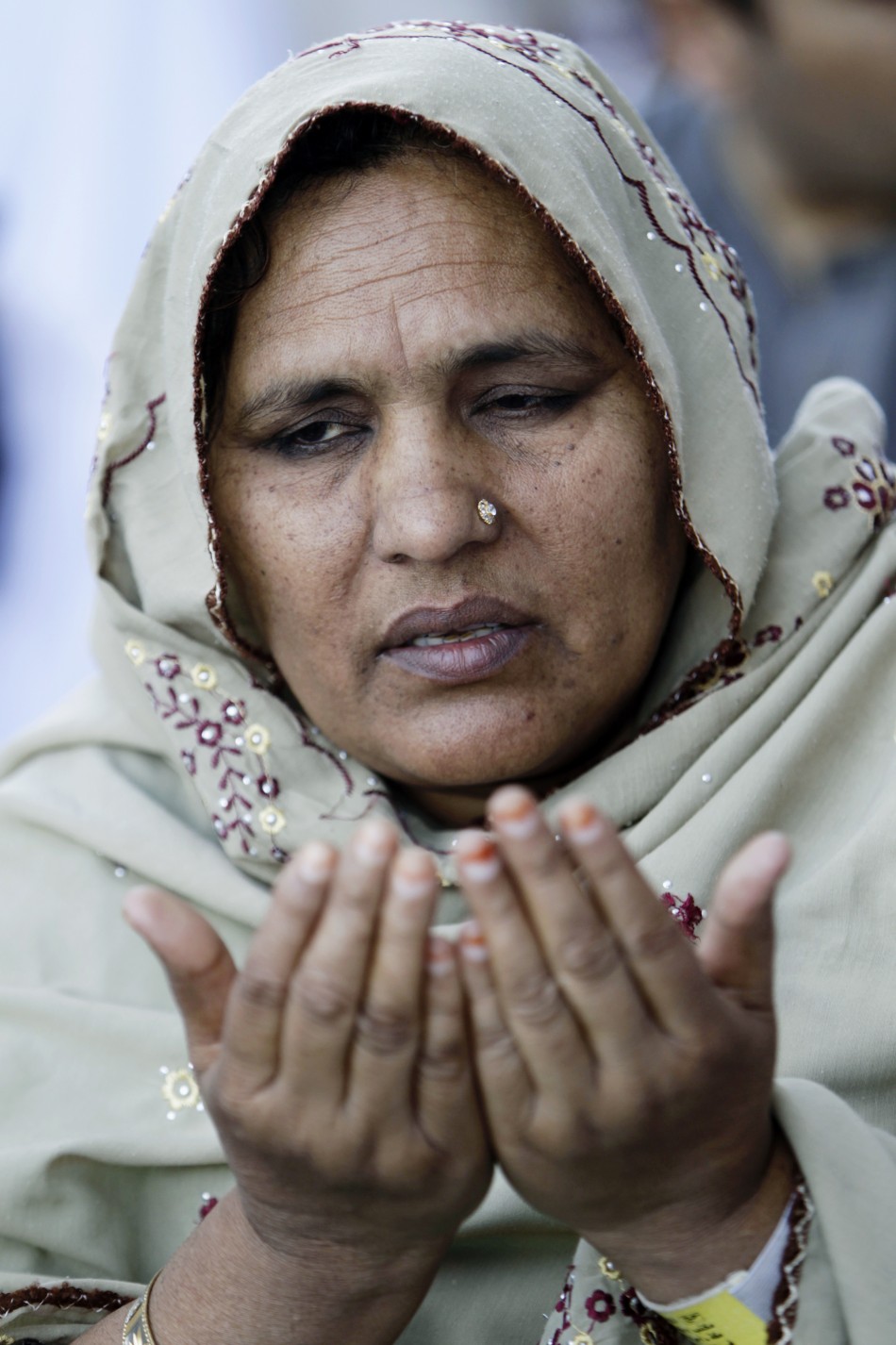Hajj 2011: Muslims From Across the World Gather in Mecca [PHOTOS]


Millions of Muslims are going to Mecca every year to perform the hajj, one of the five pillar of Islam, from Africa, to the West, the Arab world, Russia or Asia, all gather in Saudi Arabia for the pilgrimage.
For many, the Hajj symbolises a sense of belonging as the community (Ummah) becomes united in faith and Muslims of different countries, cultures, traditions and nationality go through their spiritual journey together.
All Muslims are required to perform Haj once in their life, if health and finances permit it, and the pilgrimage is the largest in the world.The pilgrimage centres around five days of rituals carried out in various location including Makkah, Mina, Arafat and Muzdalifa.
The hajj takes place each year between the 8th and the 12th or 13 of Dhu al-Hijjah, the twelfth month of the Islamic lunar calendar; however the dates change every year because the lunar calendar is 11 days shorter than the Gregorian calendar.
Despite an unstable year in the Arab world, following the Arab Spring which led to various uprisings, leading to the overthrow of regimes in Tunisia, Egypt and Libya, and on-going protests in Bahrain, Yemen and Syria, Saudi Arabia has avoided the massive protests that swept the region.
Calling for unity, the Kingdom's Grand Mufti, Sheikh Abdulaziz Al al-Shaikh, said last week "Allah did not intend hajj to be a place for dispute, haggling... or using it for political agendas or preaching grim sectarianism.
More than 1.7 million Muslims have already arrived from abroad, while a total of 1.8 million foreign faithful expected in addition to between 700,000 and 800,000 coming from within the kingdom.
© Copyright IBTimes 2025. All rights reserved.





















